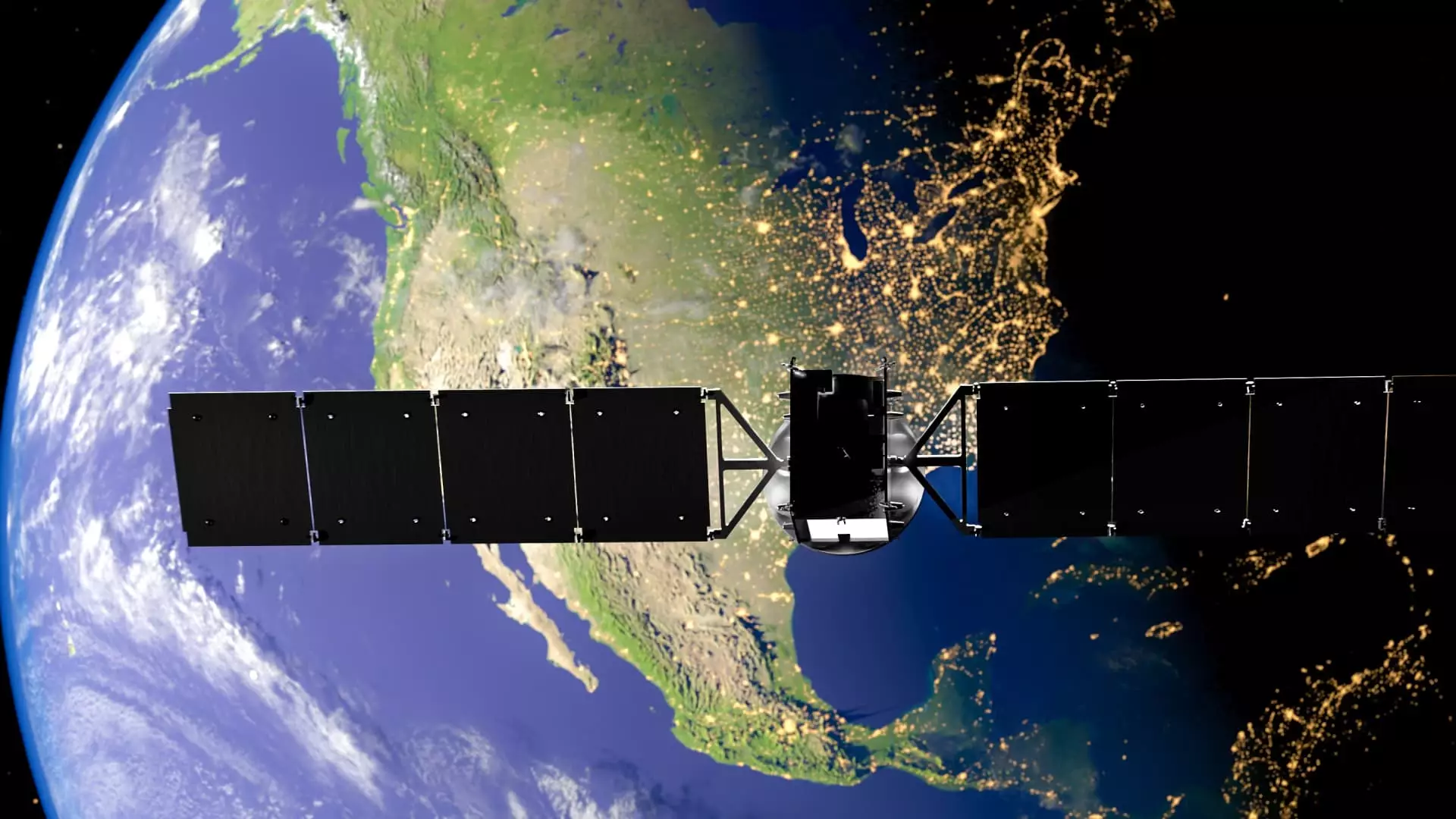The Resilient Global Positioning System: Safeguarding America’s Navigational Future

The Global Positioning System (GPS), developed nearly half a century ago by the U.S. Air Force, has transcended its initial military applications to become a cornerstone of modern civilization. Esteemed for providing critical navigational and timing services, GPS has facilitated economic growth estimated at over $1.4 trillion, affirming its status as foundational infrastructure. However, a recent study by the Commerce Department has raised alarm bells by highlighting the potential economic fallout of GPS disruptions, predicting losses upwards of $1 billion daily. This data underscores an urgent need for resilience—an insight that has sparked the U.S. Space Force’s initiation of the Resilient Global Positioning System (R-GPS) program.
The R-GPS program, with a projected budget of approximately $2 billion, seeks to establish a backup network to the existing GPS satellites, currently numbering 31 in orbit. As military leaders and security analysts increasingly acknowledge the vulnerabilities inherent in space operations, particularly given the aggressive postures of adversaries like China and Russia, the R-GPS program has ascended the Pentagon’s priority list. Lt. Col. Justin Deifel of the Space Force’s Space Systems Command articulated this pressing need, comparing GPS to essential utilities like water and electricity—an everyday resource pivotal to both civilian life and military efficacy.
In response to the escalating importance of reliable GPS, the Space Force has selected four commercial companies to collaborate in designing the R-GPS: Astranis, Axient, L3 Harris, and Sierra Space. The collaboration with private enterprises signifies a strategic shift in defense procurement, expanding governmental reliance on commercial innovation to bolster national security infrastructure.
One of the frontrunners in this initiative, startup Astranis, is expanding its operational portfolio beyond satellite internet services to include positioning, navigation, and timing (PNT) capabilities. John Gedmark, CEO of Astranis, noted the increasing recognition within the Department of Defense of the advantages offered by next-gen satellite technologies. By leveraging its MicroGEO spacecraft technology, Astranis aims to deliver advanced PNT functionalities, aligning with the critical objectives of R-GPS.
Gedmark’s assertions highlight a broader trend: the DOD’s acknowledgment of the commercial space sector’s potential. The R-GPS initiative is framed by Gedmark as “a multi-billion dollar opportunity,” indicating the transformative economic prospects tied to satellite deployment. With ambitions for a constellation of at least 24 satellites, the potential for economic stimulation through the R-GPS program cannot be overstated.
Significantly, the R-GPS program has adopted a novel Pentagon funding mechanism known as “Quick Start,” allowing for unprecedented speed in contract approval and project initiation. Maintaining a rapid pace, the Space Force has navigated various procurement phases, including market research, industry engagement, and contract awards, within a remarkably condensed timeline of less than six months—a stark contrast to the traditional, often years-long process of military space programs.
This expedited approach, as noted by Gedmark, is revolutionary, injecting agility into a sector historically criticized for bureaucratic lethargy. The process has enabled initial contracts totaling $40 million for design studies, with an eight-month “phase zero” period that encourages rapid innovation and problem-solving, emphasizing the urgency of developing a robust backup system for GPS.
The projected financial outlay for R-GPS—between $1.2 billion and $1.9 billion for 24 satellites—represents a strategic investment in national security. By employing a phased launch schedule, with the first batch expected as early as 2028, the Space Force is methodically ensuring that the U.S. remains at the forefront of space-based capabilities.
Despite previous setbacks, such as the malfunction of Astranis’ initial satellite due to external factors, the company brings valuable experience from high-orbit operations. Gedmark emphasized the unique position of Astranis as a pioneer in low-cost, radiation-hardened satellite technology, fostering confidence in its contributions to the R-GPS endeavor.
As the world becomes increasingly reliant on precise navigational technologies, the initiation of the R-GPS program marks a critical response to the threat of disruption posed by potential adversaries. The collaborative efforts between the U.S. Space Force and commercial entities illuminate a promising path forward, ensuring that both military operations and civilian infrastructure remain resilient in the face of evolving challenges. Investing in the future of navigation, the R-GPS initiative stands as a testament to the necessity of safeguarding America’s navigational capabilities for years to come.





